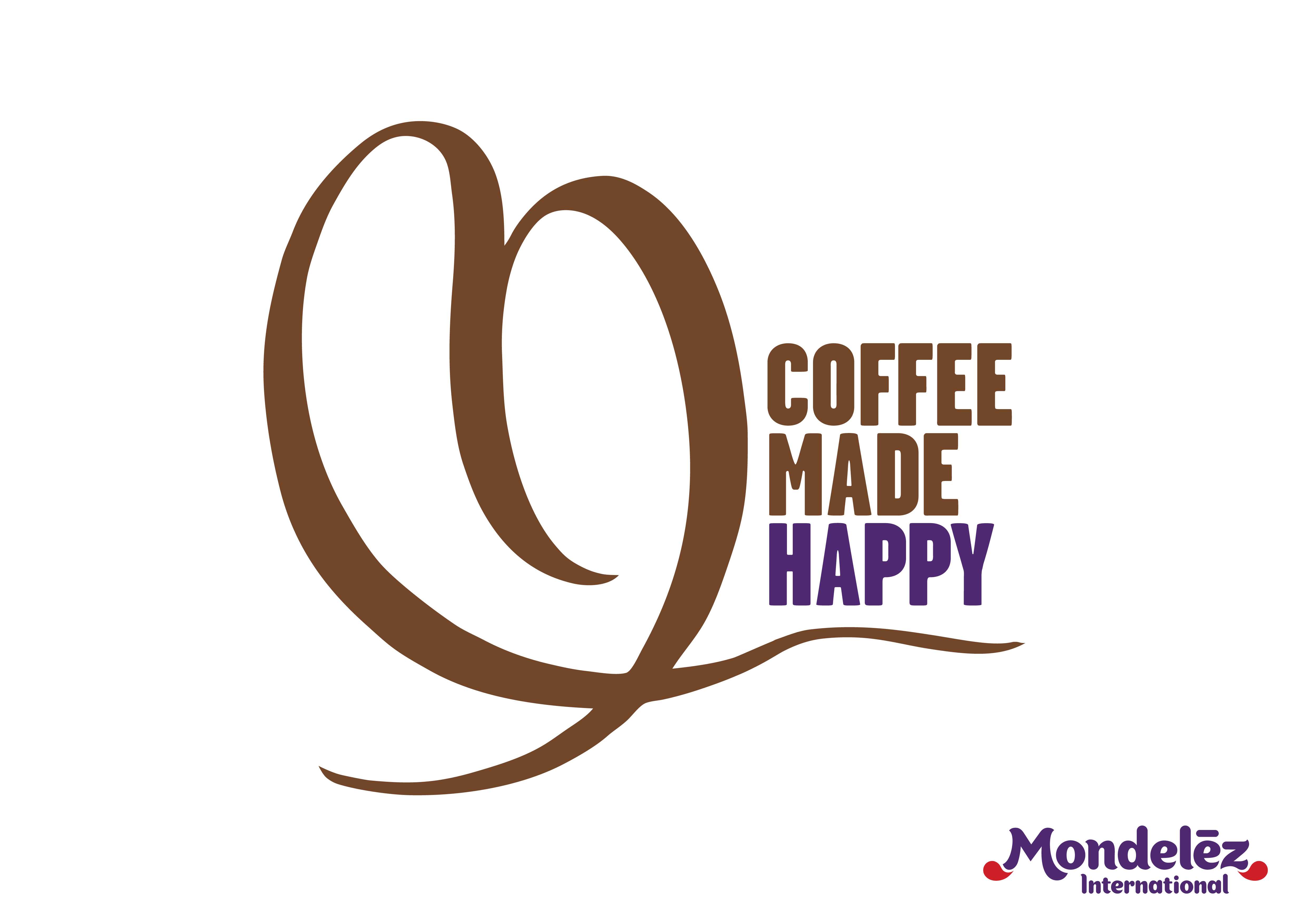DEERFIELD, Ill., US – Mondelez International, the world’s second largest coffee company with iconic brands such as Jacobs, Carte Noire, Kenco and Tassimo, yesterday (Nov. 13, 2014 ) shared plans to evaluate the real impact experienced by farmers on the ground of its $200 million Coffee Made Happy program. The program aims to measure how Coffee Made Happy is achieving its objectives to improve farmers’ business and agricultural skills, increase farm yields and engage young people and women in coffee farming so as to empower one million coffee entrepreneurs by 2020
“As the second largest coffee company in the world, we can have real impact on the ground — inspire, train and build capacity to improve coffee farmers’ livelihoods and attract new generations to small-scale farming,” said Roland Weening, President, Coffee.
“This is important to guarantee the future of quality coffee to the world. Our evaluation framework drives impactful investment, unprecedented levels of transparency and – because we source from the projects where we invest – ensures accountability to our partners and our consumers.”
Evaluation Framework
The Committee On Sustainability Assessment (COSA) — a global consortium of institutions fostering effective ways to measure and understand sustainability in the agri-food sector – is partnering with Mondelez International to develop the evaluation framework which builds on the company’s existing commitment to use 4C verification standards as the baseline for Coffee Made Happy.
Evaluation will provide transparency to individual Coffee Made Happy projects already running in Honduras, Indonesia, Peru and Vietnam — as well as an aggregated view of positive change Coffee Made Happy is bringing across diverse geographies. Over time, data collected across Coffee Made Happy projects will help build the world’s largest database of coffee farm metrics.
The evaluation framework uses an innovative methodology that is unique in its focus and scale. Rather than only measuring the implementation of practices, it is outcome-based and will measure the effective impact experienced on the ground by coffee farmers in two key steps:
- Yearly reporting: our implementation partners will collect data on key indicators for Coffee Made Happy projects to measure and evaluate progress of farmers’ net income, environmental impact and attractiveness of coffee farming
- In-depth impact assessments: COSA will run these when Coffee Made Happy projects end – typically after three years – to ensure the program is on track to achieving its vision to make coffee farming a profitable, sustainable and respected profession
Independent Advisory Board
Mondelez International has also created an independent Advisory Board of external experts to guide reporting and scaling up the company’s $200 million investment. These strategic partners, industry and sustainability experts include:
- Andrew Bovarnick, Lead Natural Resource Economist and Global Head of the United Nations Development Program’s Green Commodities Program
- David McLaughlin, Vice President Agriculture, World Wildlife Fund (WWF)
- Edward Millard, Director Strategic Partnerships, Rainforest Alliance
- Annette Pensel, Director Sustainability Innovations, 4C Association
- Karel Valken, Global Head Trade and Commodity Finance Agriculture, Rabobank International
“Mondelez International is setting the bar for a new generation of sustainable coffee programs and supporting their direct investment with a solid process to verify the impact the program has on farmers’ livelihoods and the environment,” said David McLaughlin, Vice President Agriculture, World Wildlife Fund (WWF). “Coffee produced sustainably has fewer impacts on local ecosystems and reduces deforestation.”
Coffee Made Happy is part of the broader Call For Well-being Mondelez International issued to urge its employees, suppliers and community partners to join together to develop new approaches that can have a positive impact on the planet and its people.
The Call For Well-being focuses on four key areas where the company can have the greatest impact: mindful snacking, sustainability, community and safety.
Coffee Made Happy answers the call for a sustainable coffee supply chain centered on empowered coffee entrepreneurs.
What sets the program apart is the ambition to invest directly in farming communities, scalability and a commitment to transparency through independent evaluation methods focused on impact.


















